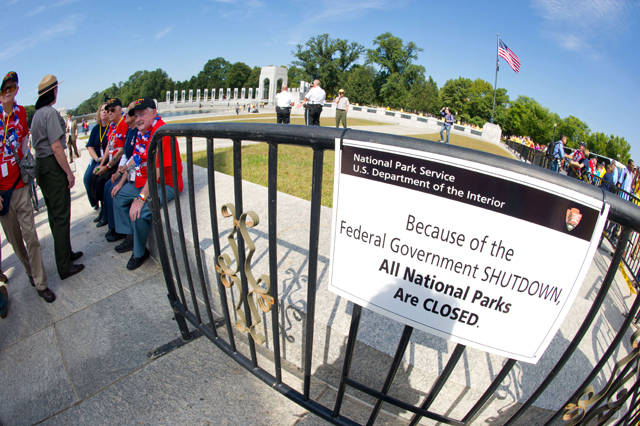I Solemnly Swear to Support the Government?
Rich Tucker /
When lawmakers were debating how to end the federal government shutdown and whether they should authorize Washington to borrow even more money by raising the debt ceiling, Representative David Scott (D–GA) took to the floor of the House of Representatives and asked for a minute to speak.
The legislation was crucial, he explained, because: “We take a solemn oath here to defend the Federal Government, to support the Federal Government, to uphold the Federal Government.”
Wrong.
The oath that Scott took, and all federal elected officials take, says nothing about supporting the government. Article VI of the Constitution explains their duty: “The Senators and Representatives before mentioned, and the Members of the several State Legislatures, and all executive and judicial Officers, both of the United States and of the several States, shall be bound by Oath or Affirmation, to support this Constitution.”
That Constitution provides the framework of a federal government, of course. But that government is a creature of the Constitution, one with “no legitimate existence outside of the Constitution,” as explained in The Heritage Guide to the Constitution.
Scott’s misunderstanding of his sworn duty probably stems from the same root as former Representative Barney Frank’s claim that “government is simply the name we give to the things we choose to do together.” In reality, the things we do together make up civil society. The growth of government tends to squeeze out that society and replace it with less effective bureaucracy.
It’s a small point in a short speech, but it’s perhaps a telling one. Americans owe obedience to the Constitution, not the federal government.

